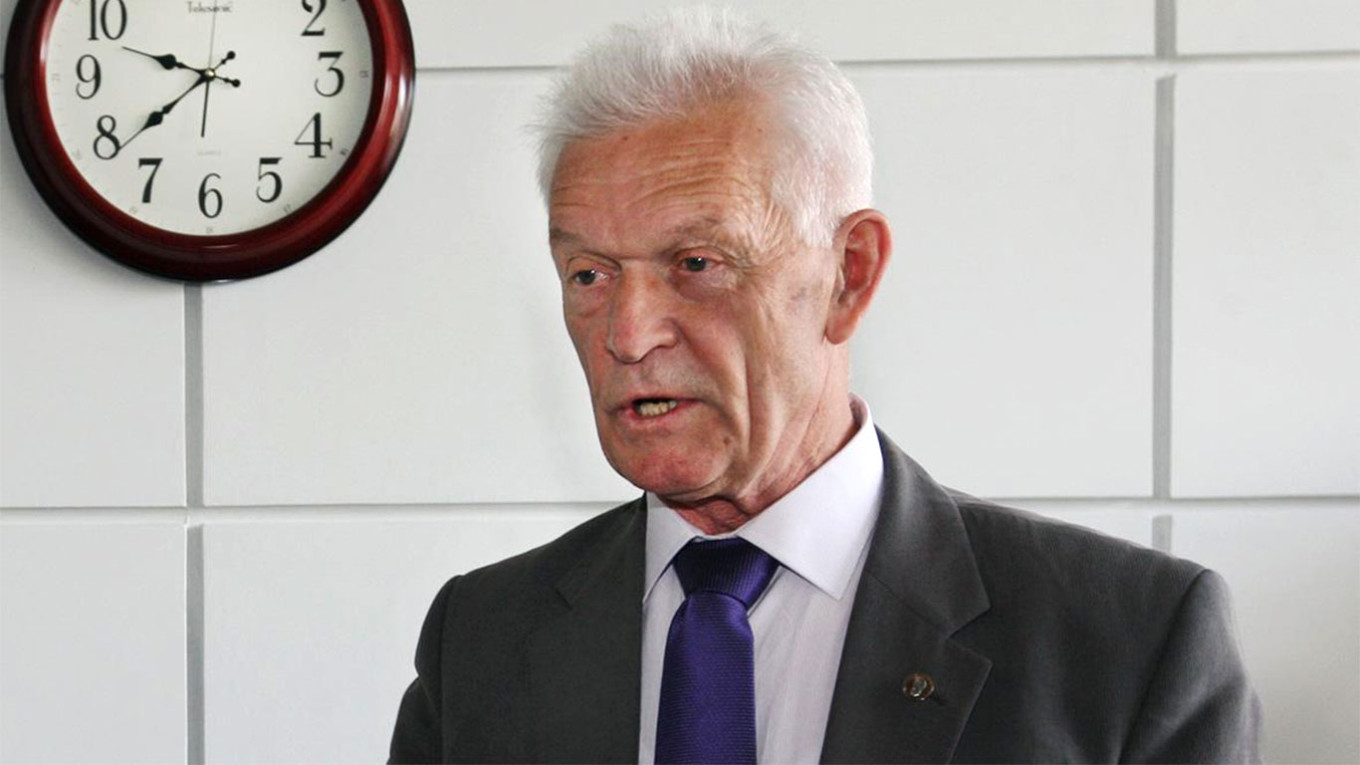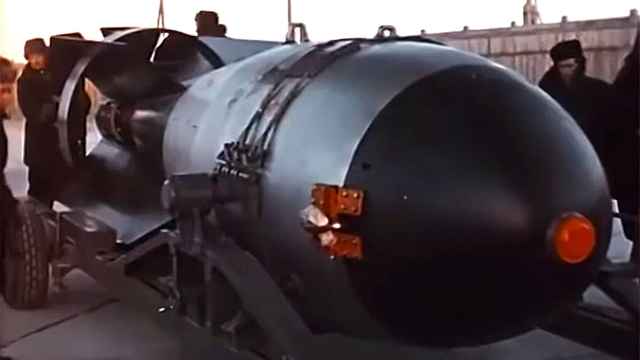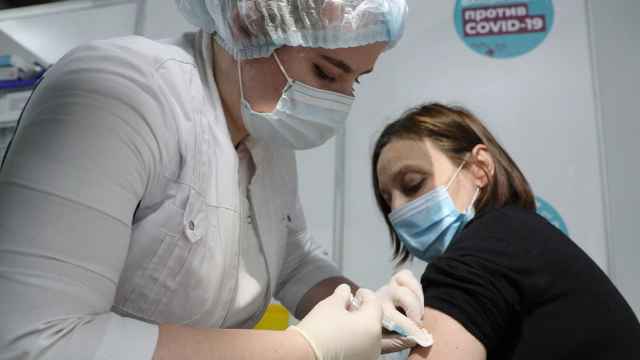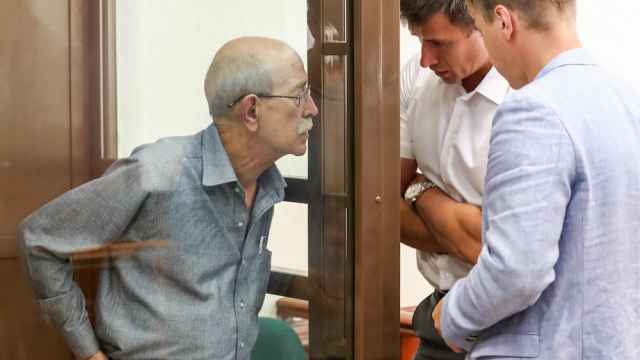An elderly Russian scientist accused of passing state secrets to China as a guest university lecturer died Sunday under house arrest, his lawyers said.
Valery Mitko, the former president of the Arctic Academy of Sciences in St. Petersburg, was charged with high treason in early 2020 and banned from leaving his home.
Russian authorities accused Mitko of sharing information on submarine detection technology with China’s secret services.
He is among several elderly Russian academics to have been jailed for cooperating with foreign states in recent years in what Kremlin critics call a manifestation of the state’s growing paranoia.
Mitko faced up to 20 years in prison for high treason. He denied the charges against him and maintained that the information he was accused of sharing is found in the public domain.
“In spite of everything, Valery Bronislavovich held together well, joked a lot, and was determined to fight to the end,” Pervyi Otdel, a network of lawyers and activists that represented him, said in a statement on Mitko’s passing.
“But the stress of the unjust accusations and conditions of his detention began to take a toll,” the group said without identifying the cause of Mitko’s death.
The group only noted that Mitko had often been hospitalized in the two and a half years he spent under house arrest.
“He was brought back on a stretcher only a few days ago, in no condition to walk or sit, let alone care for his bed-ridden wife,” Pervyi Otdel said.
Mitko, who was born in Soviet Ukraine, was 81 years old at the time of his death in St. Petersburg.
“Professor Valery Mitko became yet another scientist tortured by Russia’s repressive system,” Pervyi Otdel said.
A Message from The Moscow Times:
Dear readers,
We are facing unprecedented challenges. Russia's Prosecutor General's Office has designated The Moscow Times as an "undesirable" organization, criminalizing our work and putting our staff at risk of prosecution. This follows our earlier unjust labeling as a "foreign agent."
These actions are direct attempts to silence independent journalism in Russia. The authorities claim our work "discredits the decisions of the Russian leadership." We see things differently: we strive to provide accurate, unbiased reporting on Russia.
We, the journalists of The Moscow Times, refuse to be silenced. But to continue our work, we need your help.
Your support, no matter how small, makes a world of difference. If you can, please support us monthly starting from just $2. It's quick to set up, and every contribution makes a significant impact.
By supporting The Moscow Times, you're defending open, independent journalism in the face of repression. Thank you for standing with us.
Remind me later.






